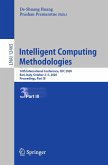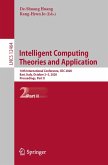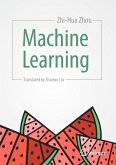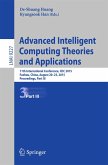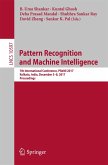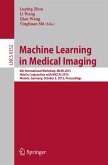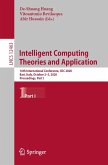Eklas Hossain, Ph.D., is an Associate Professor in the Department of Electrical and Computer Engineering at Boise State University, Idaho, USA, and a registered Professional Engineer (PE) in Oregon, USA. He received his Ph.D. from the College of Engineering and Applied Science at the University of Wisconsin Milwaukee (UWM), his MS in Mechatronics and Robotics Engineering from the International Islamic University Malaysia, and a BS in Electrical and Electronic Engineering from Khulna University of Engineering and Technology, Bangladesh, in 2016, 2010, and 2006 respectively. As the director of the iPower research laboratory, Dr. Hossain has been actively working in electrical power systems and power electronics and has published many research papers and posters. In addition, he has served as an Associate Editor for multiple international journals and is the author of several books, including MATLAB and Simulink Crash Course for Engineers (Springer, 2022). He has been an IEEE Member since 2009 and an IEEE Senior Member since 2017. His research interests include power system studies, encompassing the utility grid, microgrid, smart grid, renewable energy, energy storage systems, and power electronics, which span various converter and inverter topologies and control systems. The author has worked on several research projects on machine learning, big data, and deep learning applications in power systems, including load forecasting, renewable energy systems, and smart grids. With his dedicated research team and a group of Ph.D. students, Dr. Hossain looks forward to exploring methods to make electric power systems more sustainable, cost-effective, and secure through extensive research and analysis on grid resilience, renewable energy systems, second-life batteries, marine and hydrokinetic systems, and machine learning applications in renewable energy systems, power electronics, and climate change mitigation.



